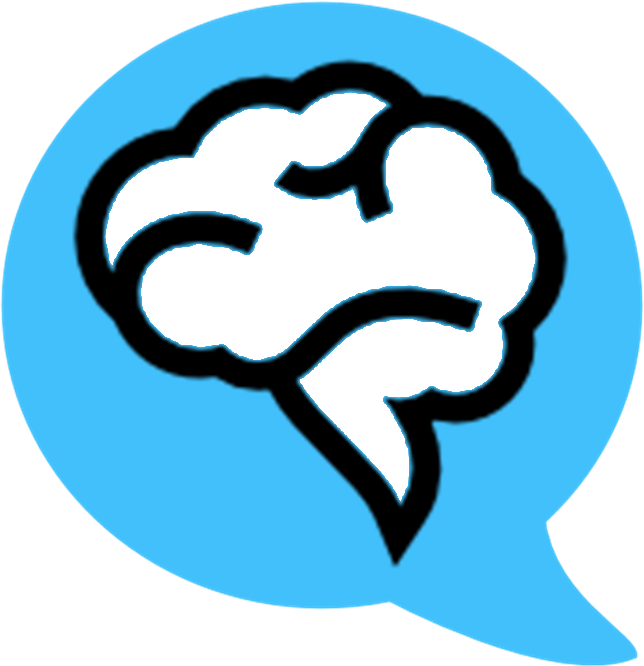 | Claudia Marzi, computational linguist Istituto di Linguistica Computazionale - CNR claudia.marzi(at)ilc.cnr.it (+39)050.315.2838 building B, entrance 21, 1st floor, room 8 |
I am a Senior Researcher at the CNR Institute for Computational Linguistics. My main research interests focus on psycho-computational models of morphology acquisition and processing, both in mono- and bi-lingual contexts. My attention is devoted to bio-computational models of the mental lexicon. In a processing perspective I investigate inflectional complexity of several languages (e.g. Italian, German, English, Spanish, Arabic, Russian) with recurrent self-organising neural networks. The evaluation of learning and processing dynamics, in particular of verb inflection data, focuses on the effects of morphological structure on both word production and word recognition. Issues of word learning and word generalisation are inherently coupled with perception of morphological structure, with inflected forms consisting of co-occurring sublexical parts. Perception of similarity and competition effects play a role for the comprehension of emerging dynamics governing the morphological competence of speakers.
I hold a PhD in Linguistics (applied, acquisitional and computational linguistics) from the University of Pavia. My doctoral thesis focused on defining an explanatory model of the morphological lexicon as a dynamic system of word acquisition and storage in both mono- and multi-lingual contexts. The proposed model provides an adaptive multifactorial account of morphology acquisition affected by input factors, such as word frequency distributions, paradigm regularity and wordlikeness, whereby lexical perception and organisation are grounded on memory-based processing strategies.
Former Programme Coordinator of NetWordS, the European Science Foundation Research Networking Programme on Word Structure in the Languages of Europe. Current leader of the research project “Interdisciplinary approaches to theoretical and computational models of lexical acquisition in mono- and multi-lingual contexts”. With my expertise in quantitative analysis of lexical and behavioural data, I am involved in the ReadLet project to provide statistical models of children’s reading development.
 ComPhys
ComPhys